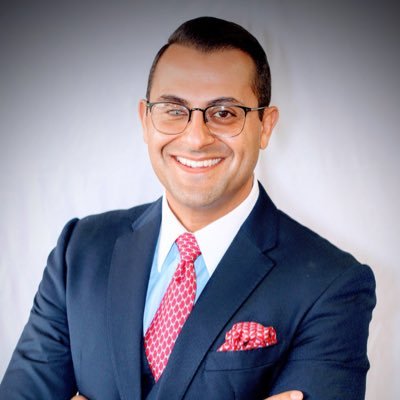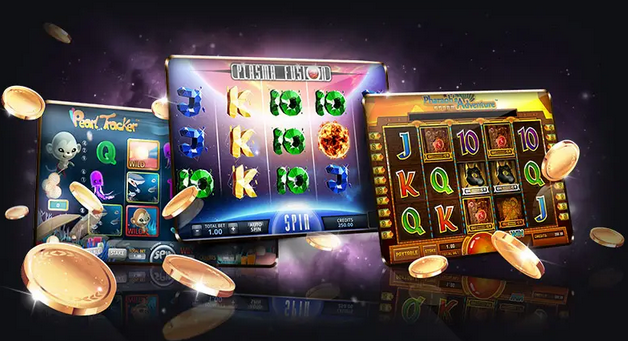Recovering from a stroke may feel like a long and winding road. Nonetheless, staying committed to rehabilitation may significantly improve the quality of your journey. Dr Ameer Hassan Under the guidance of healthcare professionals, you can regain your independence through various post-stroke therapies and techniques. So, let’s explore some essential rehabilitation approaches in the path to recovery.
Physical Therapy: Rebuilding Strength And Mobility
Following a stroke, you may experience muscle weakness or difficulties with coordination and mobility. Incorporating physical therapy into your post-stroke rehabilitation can help improve these challenges:
• Targeted Muscle Strengthening: Physical therapists will work with you to create a personalized exercise regimen to rebuild your strength.
• Balance and Coordination Improvement: By focusing on balance and coordination, physical therapists can reduce the risk of falls and boost your overall mobility.
• Gait Retraining: Gait retraining helps you refine your walking skills and restore your confidence in movement.
Occupational Therapy: Relearning Everyday Tasks
Post-stroke rehab isn’t only about regaining physical strength; it’s also about relearning lost skills. Occupational therapy plays a crucial role in achieving that goal:
• Adaptive Techniques: Occupational therapists may introduce new techniques or devices to help you adapt to daily tasks, such as eating, dressing, or cooking.
• Fine Motor Skills Recovery: Therapists will assist you in regaining dexterity and precision, improving your fine motor skills.
• Home Safety Evaluation: Occupational therapists can assess your home and offer suggestions to make it more accessible, ensuring your safety and independence.
Speech And Language Therapy: Regaining Communication Skills
A stroke can lead to communication difficulties, known as aphasia, that require specialized therapy according to Dr Ameer Hassan.
• Rebuilding Verbal Skills: Speech therapists help stroke survivors regain their verbal skills by teaching them techniques to promote speech improvement.
• Alternative Communication Strategies: For those with more severe difficulties, therapists may introduce alternative communication methods, such as gestures, writing, or electronic devices.
Emotional Support: Addressing Mental Health
Emotional well-being is just as important as physical healing during the stroke recovery process.
• Support Groups: Dr Ameer Hassan Stroke support groups provide a safe space for survivors to share their experiences and bond with others facing similar challenges.
• Psychological Therapy: Professional mental health services can also help individuals process feelings, cope with emotional changes, and maintain a positive outlook during recovery.



